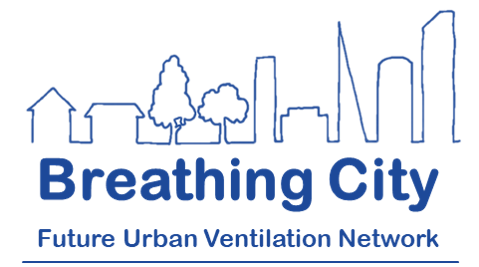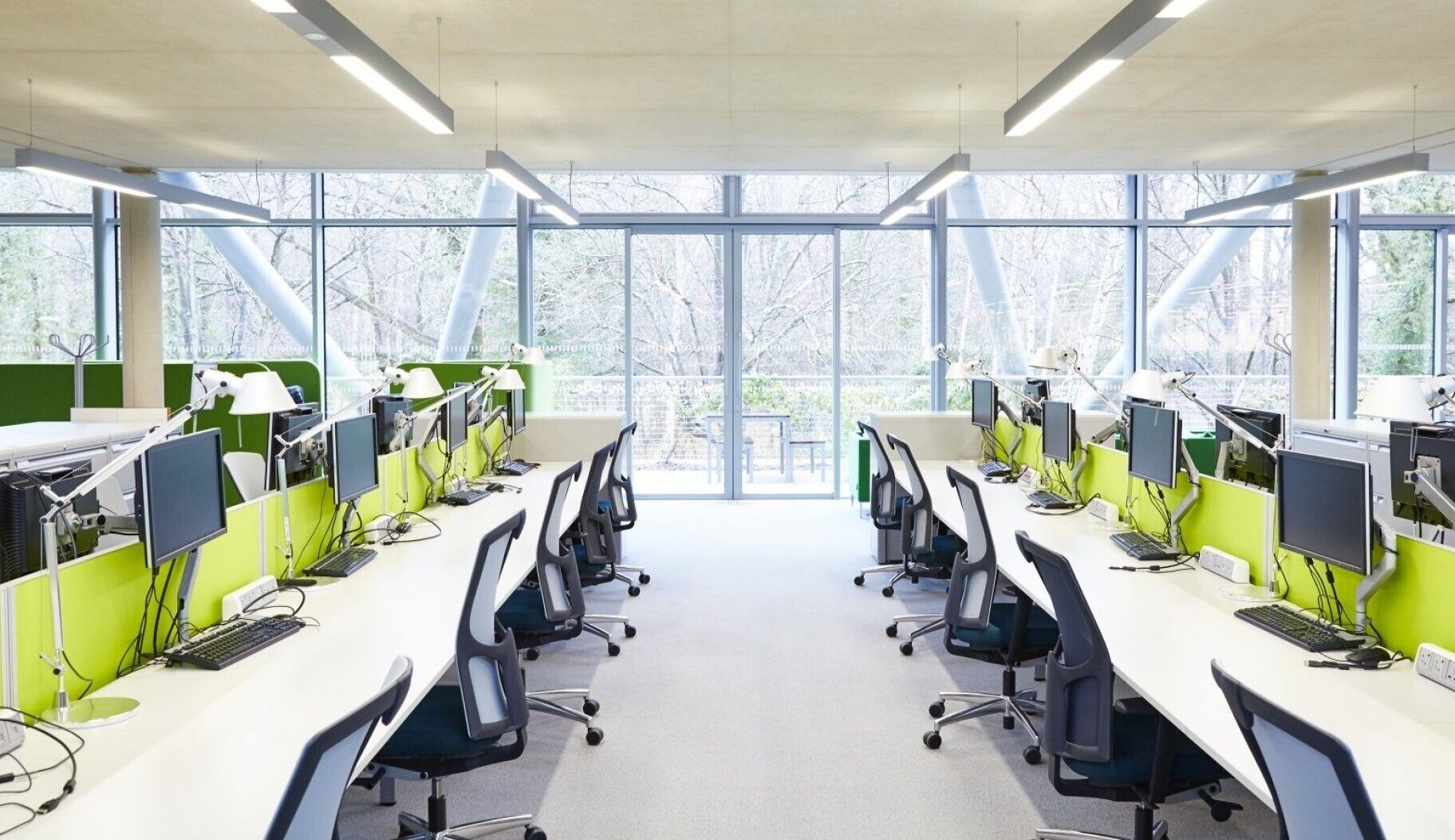On Thursday 30th September 2021, leading ventilation experts including Prof. Tim Sharpe, Prof. Cath Noakes and Dr. Henry Burridge of Breathing City attended a policy workshop in Westminster to discuss the context of ventilation and health in relation to building standards and compliance, particularly in the context of the net zero agenda.
It is now common knowledge that effective ventilation can help reduce airborne transmission of COVID-19. Yet, while the pandemic has spotlighted the importance of ventilation to our health and wellbeing, we urgently need to capitalise on this to drive home a message that stretches much further. Effective ventilation helps to remove harmful indoor air pollutants, prevent mould and reduce the transmission of viruses more widely. Fundamentally there needs to be a “paradigm shift” in how we perceive ventilation.
Recommendation 1: ‘Ventilate when you Insulate’
The Government should include ventilation provision as part of the energy Performance Certificate (EPC), mandating that all existing homes reach EPC rating C AND have a Part F compliant ventilation system
As part of its goal to raise all homes in England to Energy Performance Certificate (EPC) rating C and its wider Net Zero strategy, the Government should include an assessment of current levels of ventilation and how this could be improved as part of an EPC package. Targets should be set for all existing homes to reach EPC rating C and have a Part F compliant ventilation system. This would recognise the need to ‘ventilate when you insulate’ and better define what constitutes effective ventilation performance standards. This would also help the public understand their ventilation requirements better and help raise awareness at the Building Control level (as poor compliance is one of the chief causes of ineffective ventilation in the UK), particularly given how much they are expected to know and cover.
Recommendation 2: Improving Awareness & Education
The Government needs to deliver public and industry education initiatives to help drive awareness of ventilation, and ensure the conversation focusses on its health benefits
Driving public interest in ventilation as a crucial means of protecting health and wellbeing is an essential step forward, particularly given that COVID-19, other viruses and indoor air pollution, all disproportionately affect those from disadvantaged backgrounds. We need to encourage the public to view indoor air quality and ventilation in the same way as fire safety and energy efficiency. Tangibility presents a significant challenge; however, mould has revealed the devastating effect poor ventilation can have. Getting the public to think about indoor air pollution as you would smoke or breath condensation, and quantifying indoor air pollutant standards, such as CO2, are just two simple steps to kickstart the education process. Improving awareness is not limited to the general public either. Wider industry misunderstandings around ventilation still exist that need to be overcome. Focussing on the health benefits and savings that ventilation delivers, which are often not known or ignored, can help overcome the view of ventilation as unnecessary “hassle”.
Recommendation 3: Build the Evidence
Mandatory installation of CO2 monitors in all UK homes to help accelerate our understanding of ventilation need across the UK
The Government needs to support more comprehensive research into the impact of ventilation on health and the economy, particularly its cost-effectiveness, to demonstrate its value. The Building Research Establishment (BRE) estimated in 2010 that the cost of hazards to the NHS caused by poor UK housing was £2.5bn per annum in first year treatment costs. Therefore, we know the cost of poor housing is considerable, yet the Government is not taking steps to flesh this out further. To help build the evidence base for indoor air quality and ventilation, the Government should ensure wider installation of CO2 monitors inside UK homes. While CO2 does not illustrate the entire indoor air quality picture, it presents a measurement which can start telling us about the broader trends across the UK and better inform our ventilation strategy moving forward.
Written by emotive on behalf of the HEMAC (Health Effects of Modern Airtight Construction) Network. emotive (agency) Ltd is a limited company registered in England and Wales. Registered number 3766240. Registered office: Prince Albert House, King Street, Maidenhead, SL6 1DT, UK.


